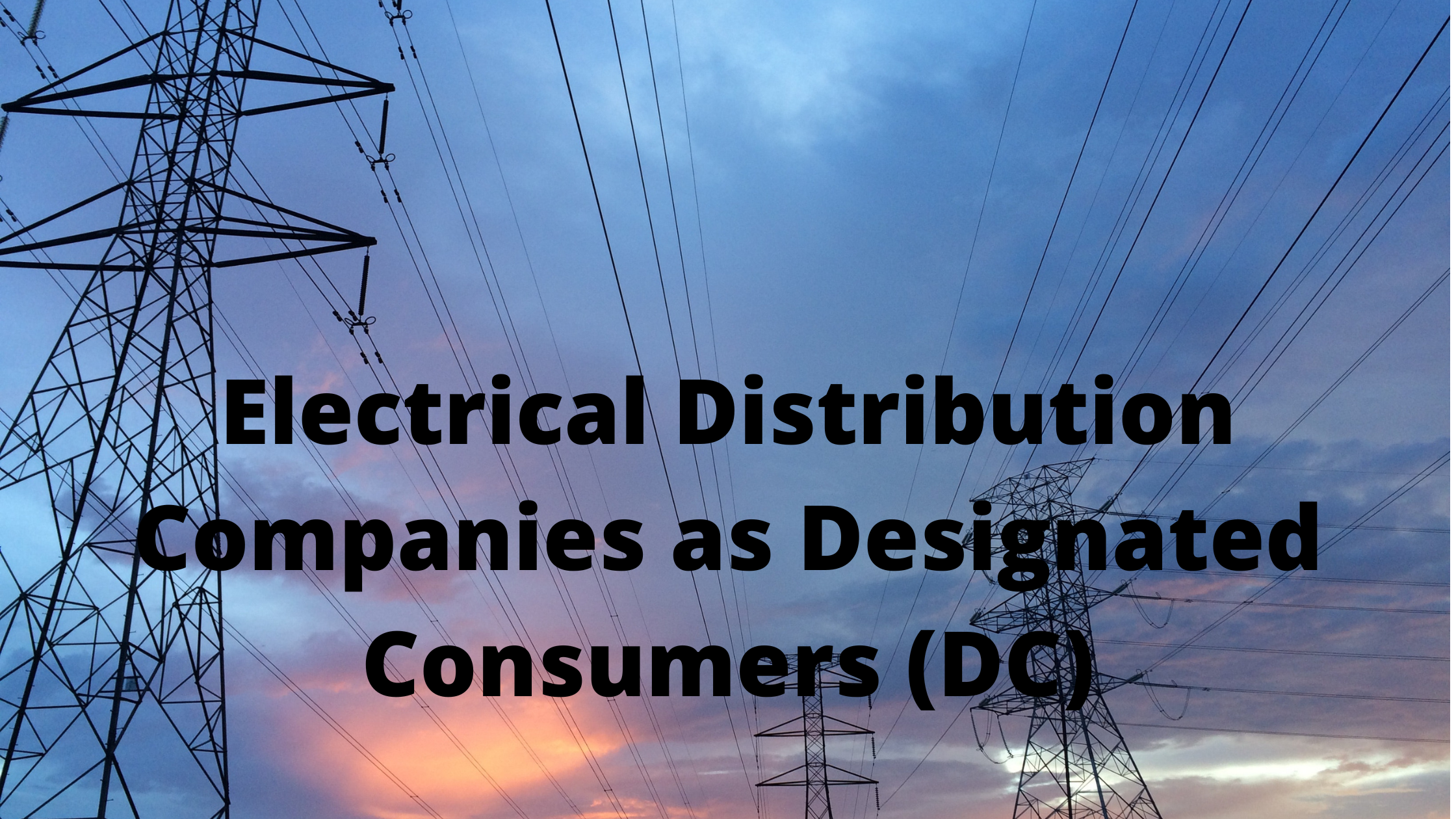The Ministry of Power has issued a notification specifying the Carbon Credit Trading Scheme, 2023, under the Energy Conservation Act, 2001. The scheme aims to reduce greenhouse gas emissions in the Indian economy by pricing carbon credits. Key points from the notification include:
- Definitions: The notification provides definitions for terms such as carbon credit, carbon credit certificate, carbon credit trading scheme, greenhouse gases, and more.
- National Steering Committee: A committee called the National Steering Committee for Indian Carbon Market will be constituted to oversee the Indian carbon market’s governance and functioning. The committee will consist of various government officials, experts, and representatives from relevant ministries.
- Functions of the National Steering Committee: The committee will recommend procedures, rules, and guidelines for the Indian carbon market, formulate greenhouse gas emission targets, and monitor the market’s functions.
- Bureau as Administrator: The Bureau of Energy Efficiency will act as the administrator for the Indian carbon market. Its functions include identifying sectors for emissions reduction, issuing carbon credit certificates, developing market stability mechanisms, and accrediting verification agencies.
- Registry: The Grid Controller of India Limited will serve as the registry for the Indian carbon market. It will maintain a secure database, record transactions, and establish linkages with other registries.
- Commission as Regulator: The Central Electricity Regulatory Commission will regulate trading activities in the Indian carbon market, ensuring market oversight and preventing fraud.
- Compliance Mechanism: Obligated entities, determined by the Ministry of Power, will be required to achieve greenhouse gas emission intensity targets. They will receive carbon credit certificates for exceeding the targets and can purchase additional certificates from the Indian carbon market to meet shortfalls.
- Detailed Procedure: The National Steering Committee and other authorities will develop a detailed procedure for operationalizing the Indian carbon market, covering issuance, validity, pricing, submissions, monitoring, and verification of carbon credit certificates.
The notification grants the Bureau the power to issue directions and orders to registered entities for the effective implementation of the scheme.


